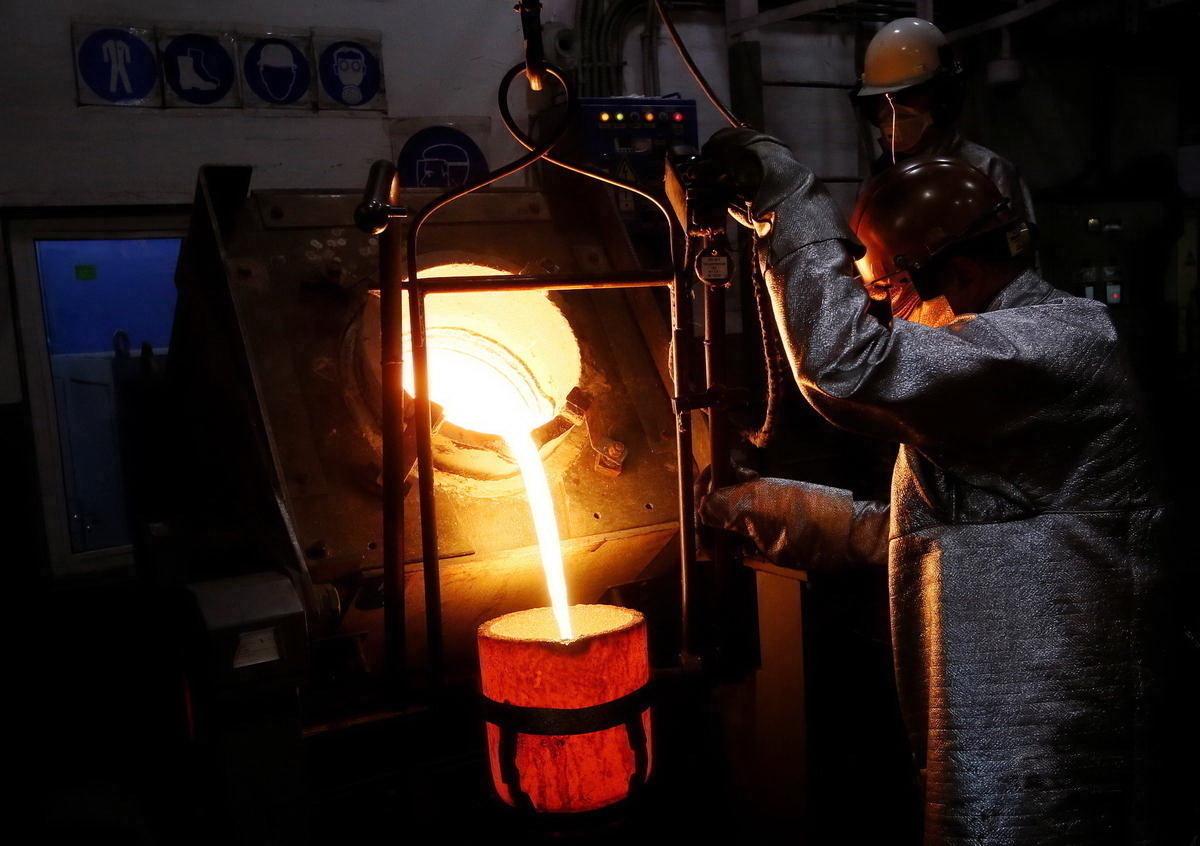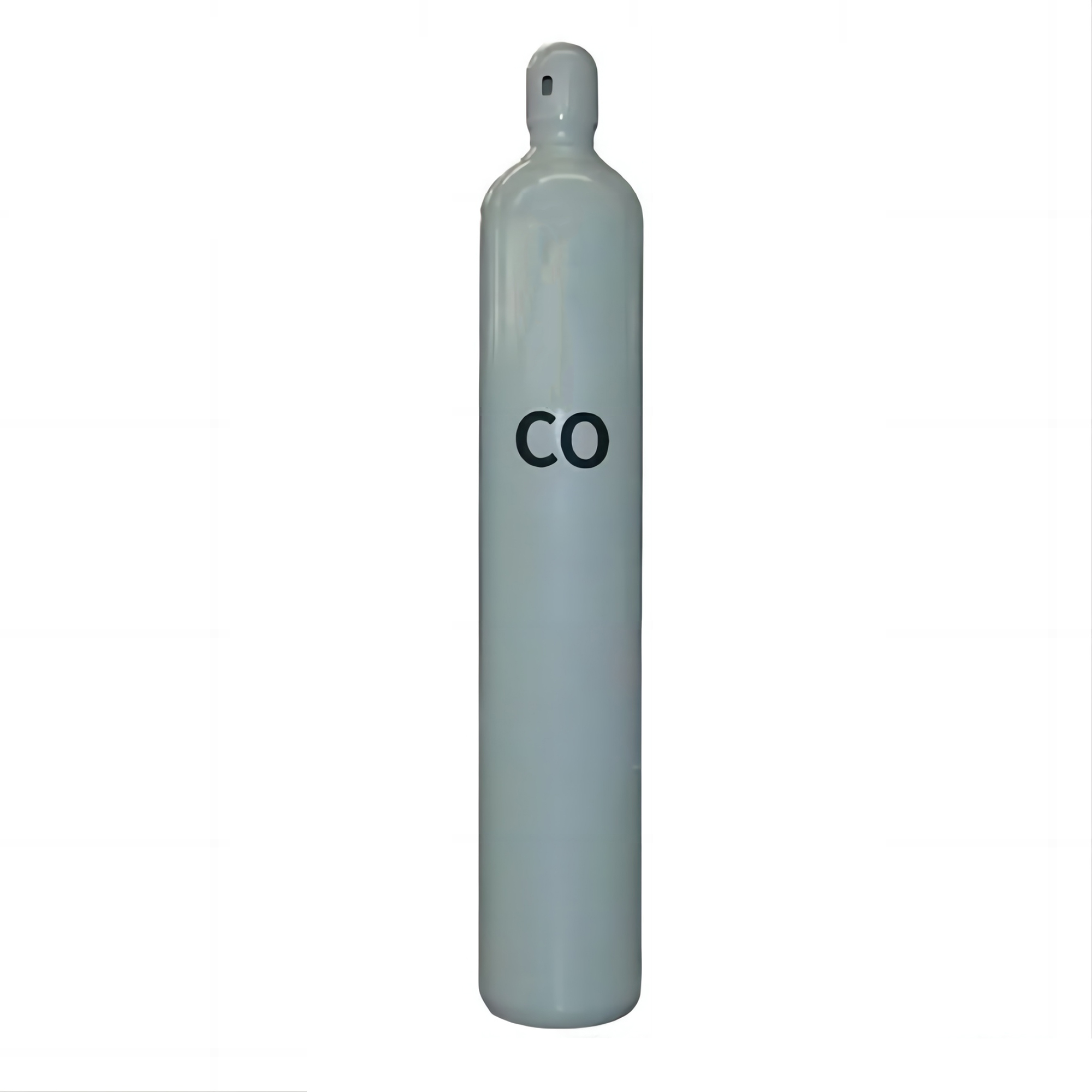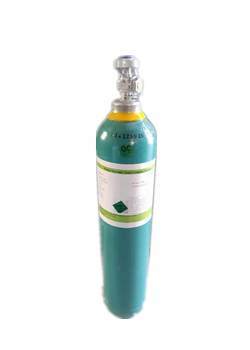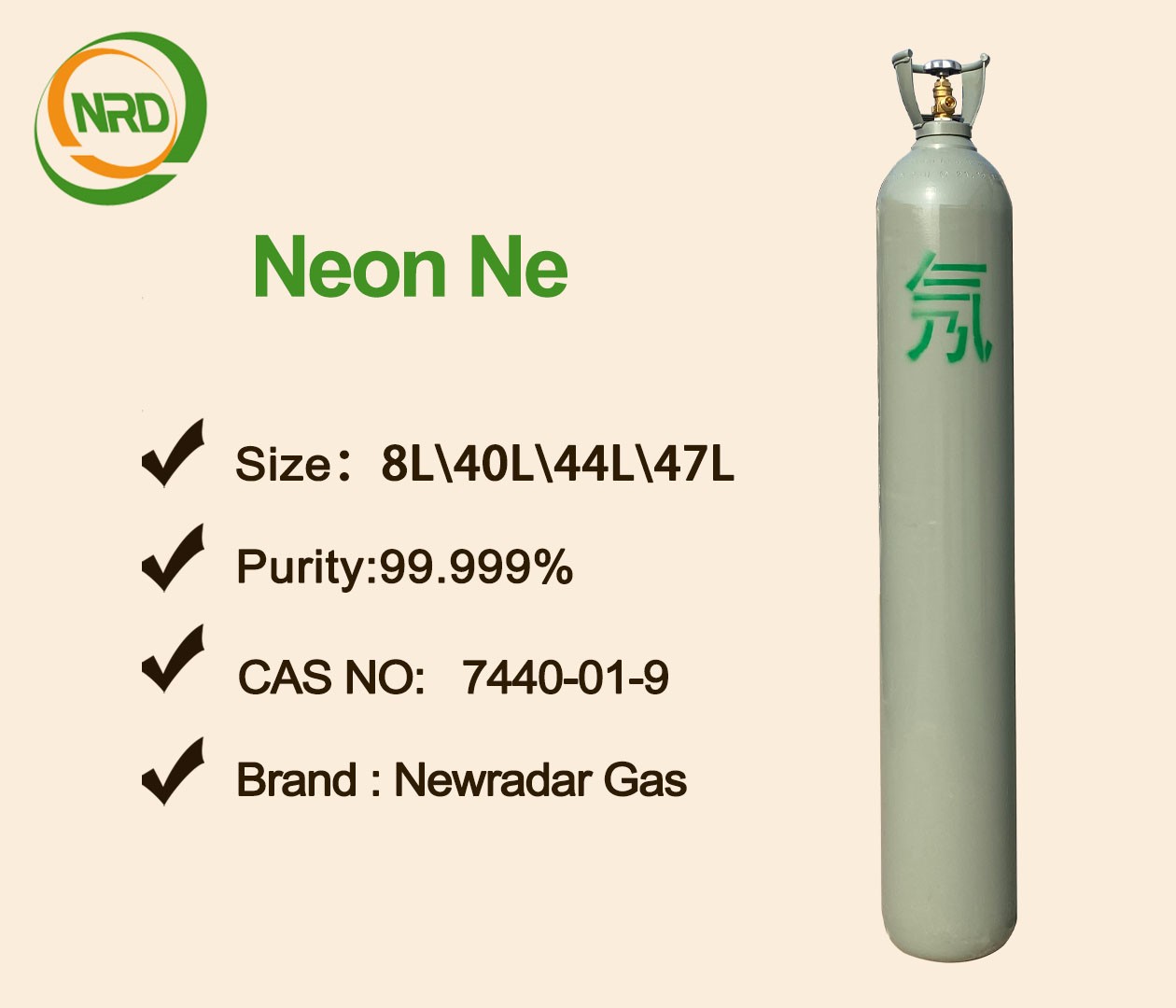The reaction of nitrogen
Nitrogen related chemical reactions
1. Ammonia synthesis reaction
Industrial ammonia is directly synthesized from hydrogen and nitrogen: N2(g)+3H2(g)=2NH3(g) (reaction conditions for high temperature, high pressure, catalyst). Ammonia synthesis is an exothermic reaction with reduced volume. Increasing pressure and decreasing temperature are beneficial to synthesis reaction.
2. Decomposition reaction
The method commonly used in the laboratory to produce nitrogen is to heat the saturated solution of sodium nitrite and ammonium chloride, the specific reaction is: NH4Cl+NaNO2=NH4NO2+NaCl, NH4NO2=N2↑+2H2O.
Nitrogen that reacts chemically with oxygen and fluorine
3. Combustion reaction
Ammonia is difficult to burn in air, but can be burned in pure oxygen to produce nitrogen: 4NH3+3O2=2N2↑+6H2O.
Nitrogen is difficult to react with oxygen at room temperature, but it can react with oxygen at discharge or high temperature: N2+O2=2NO. Lightning converts nitrogen in the air into nitric oxide, a natural nitrogen fixation.
4. Reaction with reactive metals
Nitrogen can react with metals under heating conditions. Take magnesium as an example: N2+Mg→Mg3N2 (the reaction condition is heating).





 Facebook
Facebook YouTube
YouTube LinkedIn
LinkedIn Twitter
Twitter